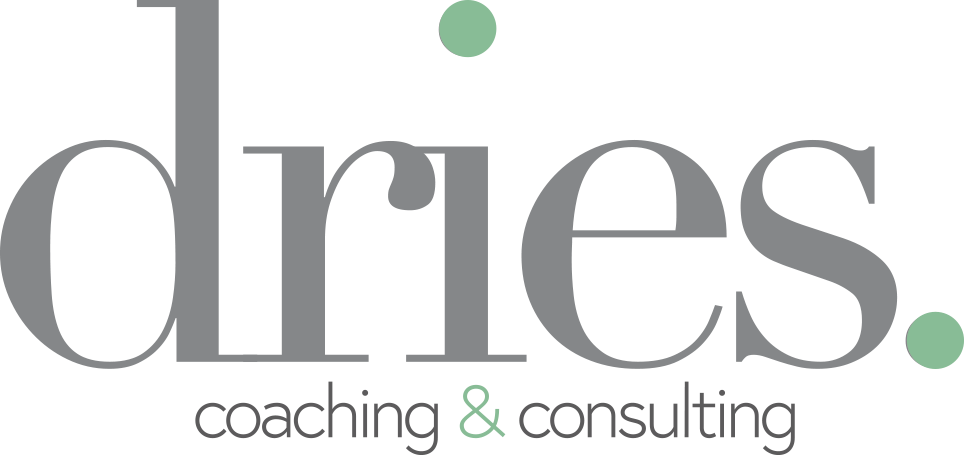When I first took the CliftonStrengthsFinder Assessment, I was working at a pediatric research institute in Baltimore, MD on a feeding disorders unit. I don’t know if you have ever had a job you hated, but I hated this job.
I dreaded going to work every day.
Each morning when the alarm clock went off, I pushed snooze more times than I care to admit.
Every time I had a sick or vacation day available, I would call out.
And when I didn’t have any PTO days left, I took an unpaid day.
I was an awful colleague: unreliable and unfocused.
Each day, I would clock in, and walk to a small cubicle size room with a darkened one-way glass partition (like the interrogation room you see in crime movies). Sitting inside this room, I collected data on patients’ treatment sessions. Each behavior had a different code. Vomit was 4. Throwing objects was 8. Yelling was 6. It would feel like 4 hours would pass by, but it would be 10 minutes.
Every day looked more or less the same. My human interactions were minimal. Yet, I was surrounded by people passionate about this work. I didn’t possess that.
I was in this job for over a year. It started to bleed into my life.
Research shows you’ll spend about one-third of your life on the job. Because I was miserable at work, I was miserable in life.
So when I ran into my mentor and they asked, “How are you doing?”, I shared, “I’m OK. I hate my job, but that’s life.” As someone who grew up with a dad who hated his job, I thought this was the norm.
A few weeks later, I received a package from my mentor. It was the Clifton StrengthsFinder book with a note reading, “You don’t have to hate your job. You don’t seem like the Kelly I know, and I think it’s because you’re not tapping into what you’re good at.”
I completed the StrengthsFinder assessment and then cried hysterically. For the first time in my life, I discovered what I was good at and now had a language to better understand myself. Soon after, I quit my job and enrolled in graduate school to pursue a counseling degree to find a career where I could apply my strengths.
While my career hasn’t been linear since then, I have made a commitment to always make decisions on my career based on areas where I can use my strengths. Today, I get to pass along this life-changing message to both individuals and teams.
I am thrilled that now I get to do this full-time: help other people find ways to understand and utilize their strengths, and help teams enhance their strengths to be more productive, creative, and collaborative.
You don’t have to dread going to work each week!


Recent Comments